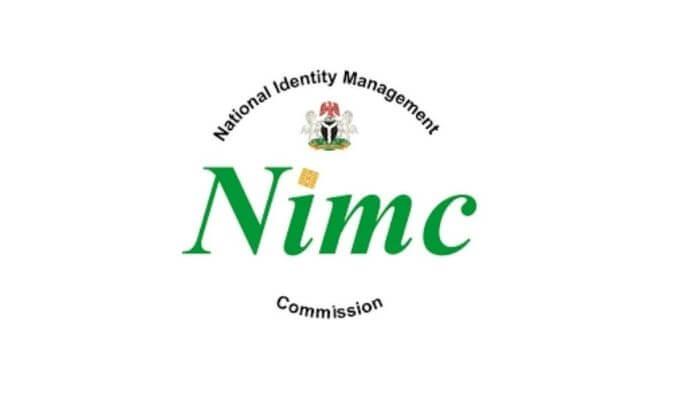In a startling revelation that has sent shockwaves through Nigeria’s digital landscape, it has been uncovered that AnyVerify, an unlicensed website, is actively selling the personal information of over 100 million Nigerians. This includes sensitive data such as National Identification Numbers (NINs), Bank Verification Numbers (BVNs), and Tax Identification Numbers (TINs), all for a mere ₦190 (approximately 13 cents) per profile.
The Disturbing Details
AnyVerify, under the guise of a verification tool for businesses, has circumvented legal requirements by operating without a license from the National Identity Management Commission (NIMC). This raises serious questions about how such a platform could access and monetize such critical personal data without proper oversight or authorization.
Previous Incidents and Current Breach
This isn’t the first time such a breach has occurred. Earlier this year, another unauthorized entity, XpressVerify, was similarly exposed for illicitly trading in Nigerian citizens’ personal information. Despite reassurances from NIMC regarding tightened security measures, the recurrence of such breaches underscores systemic vulnerabilities within data protection frameworks.
Response and Legal Action
The Nigeria Data Protection Commission (NDPC) and NIMC, key regulatory bodies responsible for safeguarding citizen data, have yet to issue official statements in response to these revelations. Paradigm Initiative, a prominent digital rights advocacy group, has taken proactive steps by initiating legal proceedings against implicated government agencies for failing to uphold data privacy laws.
The Human Impact
Beyond the legal and regulatory implications, the real victims of these breaches are Nigerian citizens whose privacy and security have been compromised. The unauthorized dissemination of personal data not only violates constitutional rights but also exposes individuals to potential fraud, identity theft, and other malicious activities.
Calls for Accountability
As investigations continue, there is a growing outcry for accountability from government agencies tasked with protecting citizen data. The demand includes transparency in disclosing licensed partners of NIMC and stringent enforcement of data protection laws to prevent future breaches.
Conclusion
The AnyVerify scandal serves as a stark reminder of the urgent need for robust cybersecurity measures and regulatory oversight in Nigeria’s digital ecosystem. It highlights the vulnerabilities inherent in centralized databases and underscores the imperative for proactive measures to safeguard citizen data from exploitation.









